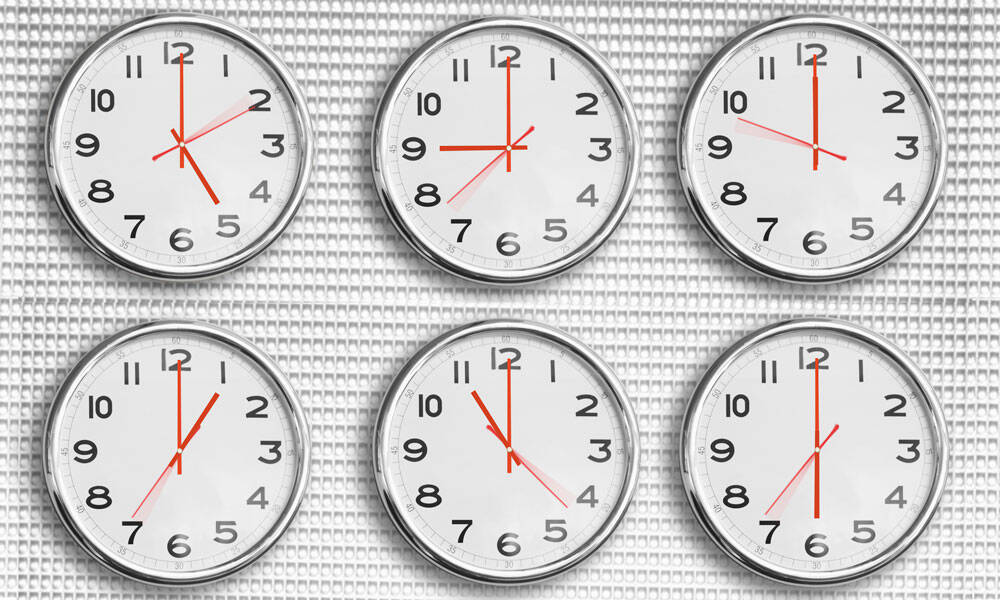
Can You Better Accommodate Attendees’ Peak Learning Times?
Some of your attendees will be early birds, while others will be late risers. Is there a way to accommodate both groups’ learning preferences, and what does it mean for your association?
There’s a lot of talk about how organizations can better accommodate their employees’ work preferences, whether that’s by letting them work from wherever they want or whenever they’d like. For the latter, that could mean letting one employee work from 5 a.m. to 1 p.m., while another works from noon to 8 p.m.
This flexibility is spreading to conference programming, where some organizers are recognizing that just as many of their attendees are likely to be morning people as they are night owls. This means that one group will be excited get down to the business of learning at 7 a.m., while another segment will cringe at that thought—but be the first to sign up for a session that begins at 7 p.m. So, how can planners best accommodate attendees’ peak learning hours?
Just last week I happened to write about Evening Buzz sessions that have been taking place at the Association of Zoos and Aquariums’ Annual Conference for the past three years. Scheduled from 6:30 to 8:30 p.m., these are short talks presented in an interactive and fun format. Topics include everything from conservation through animal art to how to engage women in wildlife conservation. Then there’s the Texas Outdoor Education Association, which has presentations that run as late as 11 p.m. on some evenings.
On the early side of things, there’s the American Institute of CPA’s ENGAGE Conference, which offers several Early Riser Sessions that kick off at 7 a.m. The Association for Molecular Pathology also hosts early bird sessions, where trainees, graduate students, and residents present challenging case studies to their peers. Meanwhile, the California School Library Association offers both “early bird” and “late bird” sessions for attendees.
Of course, doing what you can to accommodate attendee preferences is important, but there are also other considerations to keep in mind if you plan to offer early-bird or late-night sessions.
Among them: Do you have the staff to handle this? Traditional conference days tend to be long enough, so if do decide to start earlier or end later, consider how you would ensure having the staff you need (and, preferably, people who are not running on empty).
Another consideration is if additional costs would be involved. For example, if you’re hosting your meeting at a convention center, you’d need to make sure that most, if not all, of their staff is available, as they would be during more traditional conference hours. In addition, would your food and beverage budget have to increase?
You’ll also want to give some thought to your speakers and presenters. Can you recruit people willing to present at 7 a.m. or 7 p.m.? Like attendees, there are sure to be early risers and night owls among them, but consider whether the expanded hours will limit the number of subject-matter experts you’ll have to choose from.
Has your association experimented with early-morning or late-night conference education? Tell us how it went in the comments.
(moodboard/moodboard/Getty Images Plus)






Comments